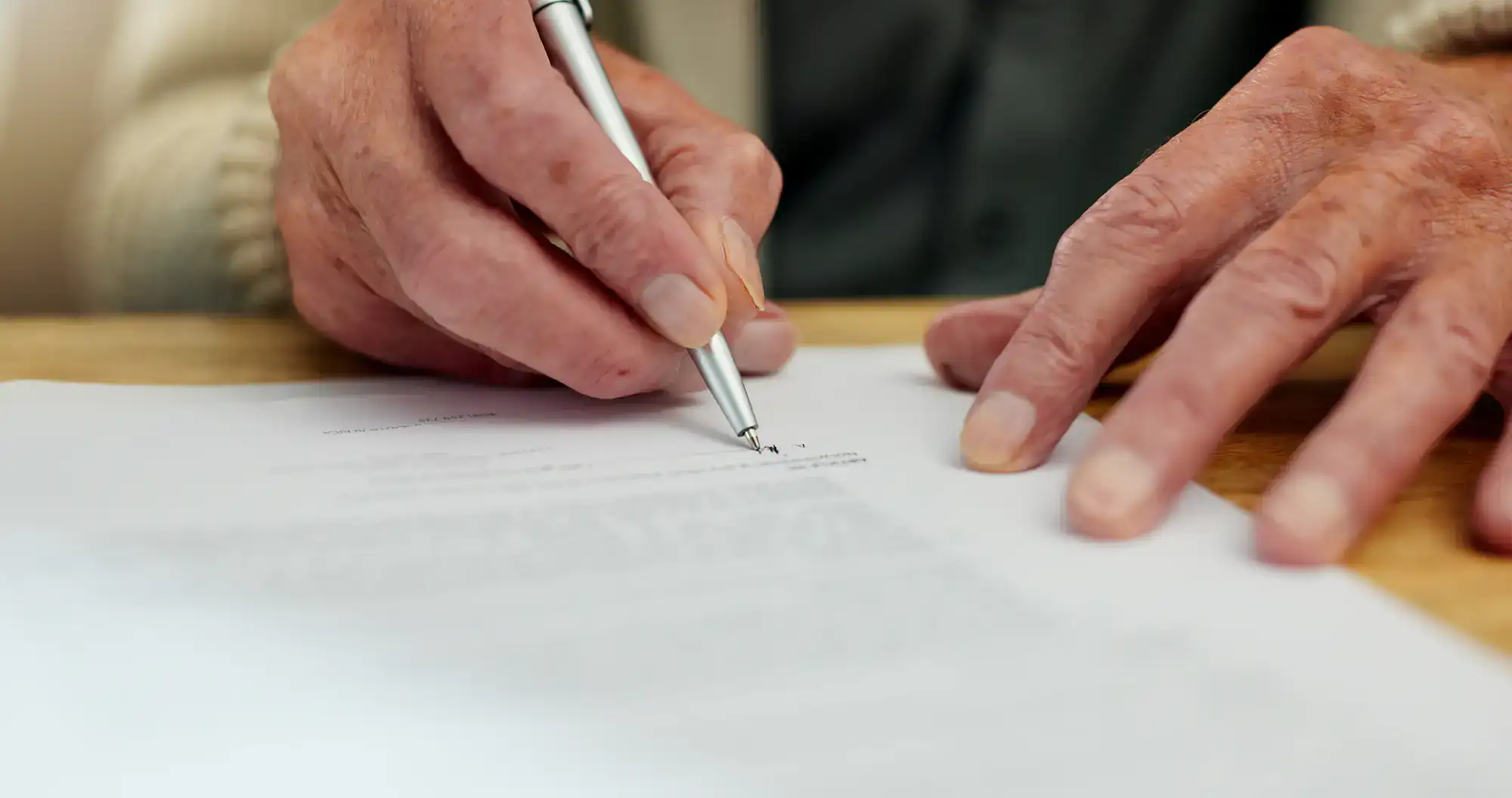Wills Attorney in Islandia, NY
Protect Your Family's Future Today
Your family deserves clarity, not confusion, when you’re gone—get the legal protection that ensures your wishes are honored.


Legal Will Preparation Services
Your assets go exactly where you intended. Your children have the guardians you chose. Your family avoids months of court battles and legal fees.
That’s what happens when you have a properly drafted will. No guessing games about your wishes. No state-mandated distribution formulas. No family members fighting over what you “would have wanted.”
Instead, your executor—someone you trust—handles everything according to your clear instructions. Your home stays protected. Your legacy remains intact.
Islandia Estate Planning Attorneys
We’ve been serving Long Island families since 2012, understanding the unique challenges facing Islandia residents. We know that many of our neighbors are house-rich but cash-poor, wanting to stay close to excellent healthcare while protecting their most valuable asset—their home.
We’re not a large, impersonal firm. We’re a small practice that takes time to understand your specific situation. Our bilingual team speaks Spanish and Italian, and we’ll meet you at your home, hospital, or nursing facility when needed.
Every initial consultation is free because we believe everyone deserves access to proper legal guidance, regardless of their financial situation.

Will Drafting Process
First, we sit down and discuss your family, your assets, and your goals. We’ll ask about your children, your property, and who you trust to handle your affairs. This isn’t a sales pitch—it’s a conversation about what matters most to you.
Next, we draft your will according to New York State requirements. We make sure it’s properly witnessed and executed so it holds up in court. We also discuss related documents like power of attorney and healthcare proxies.
Finally, we review everything with you in plain language. You’ll understand exactly what each provision means and how it protects your family. We keep the original in our secure files and provide you with copies.

Ready to get started?
Comprehensive Will Services
Your will includes asset distribution instructions, executor designation, and guardianship provisions for minor children. We also address specific Long Island considerations like protecting your home from Medicaid recovery and minimizing estate taxes.
For Islandia families, this often means creating strategies that allow you to stay in your home while protecting it for your heirs. We understand local property values and can structure your estate plan accordingly.
We also coordinate with your other estate planning documents, ensuring your will works seamlessly with any trusts, powers of attorney, or healthcare directives you may need.

